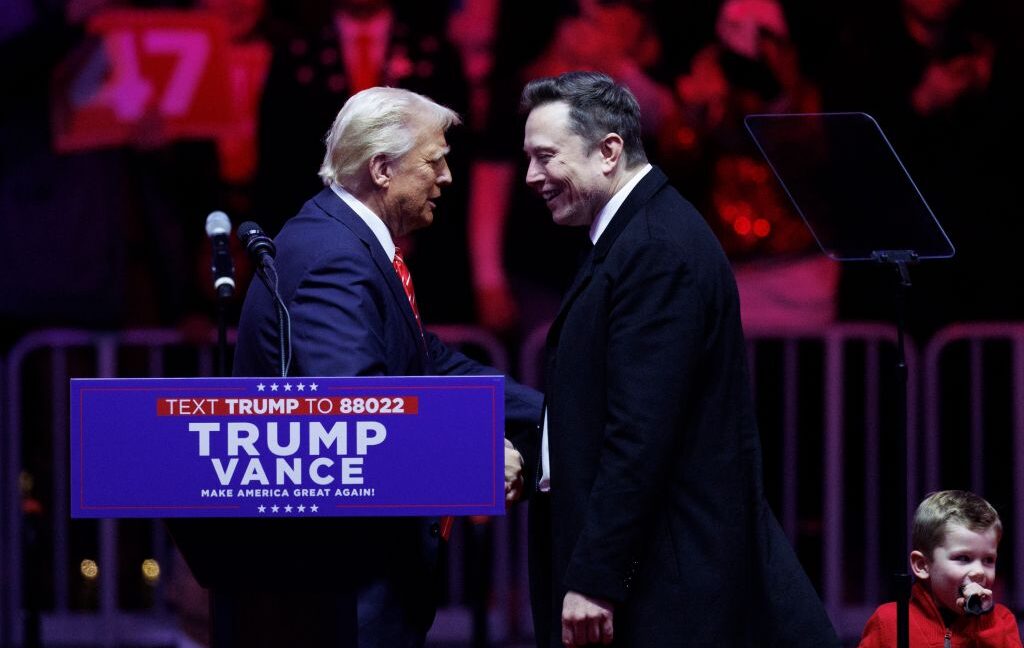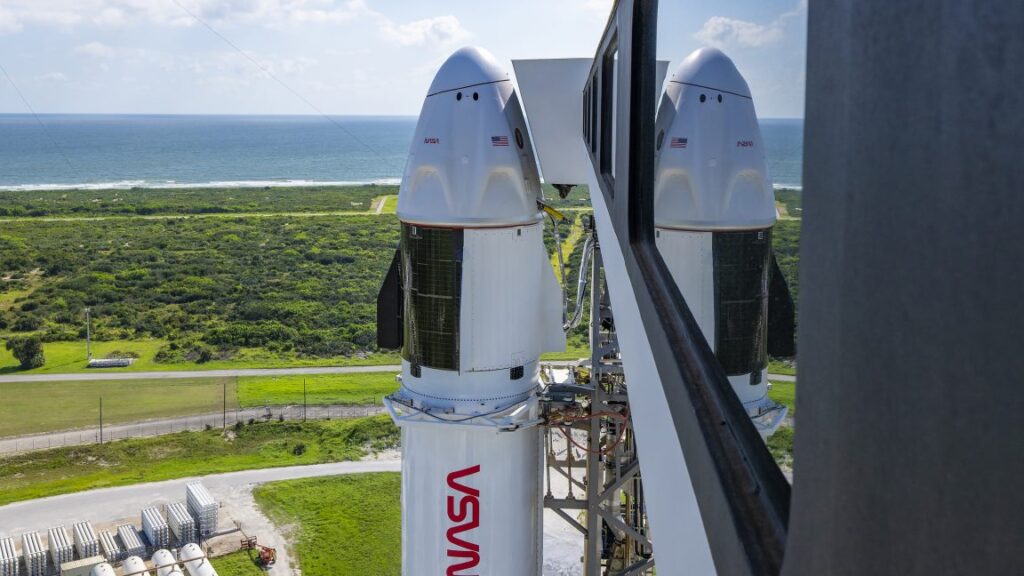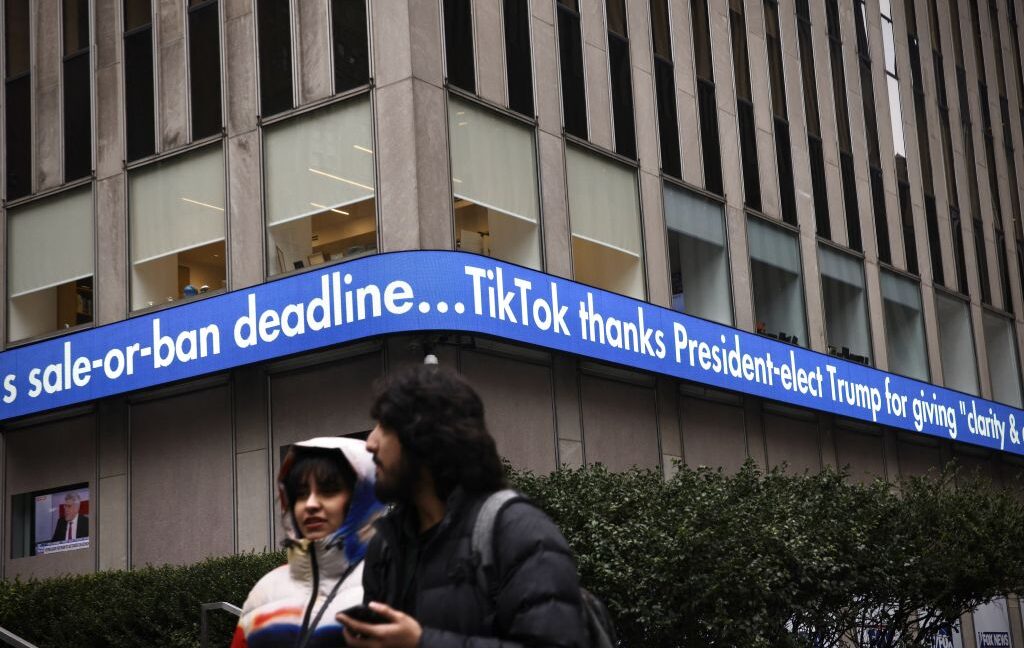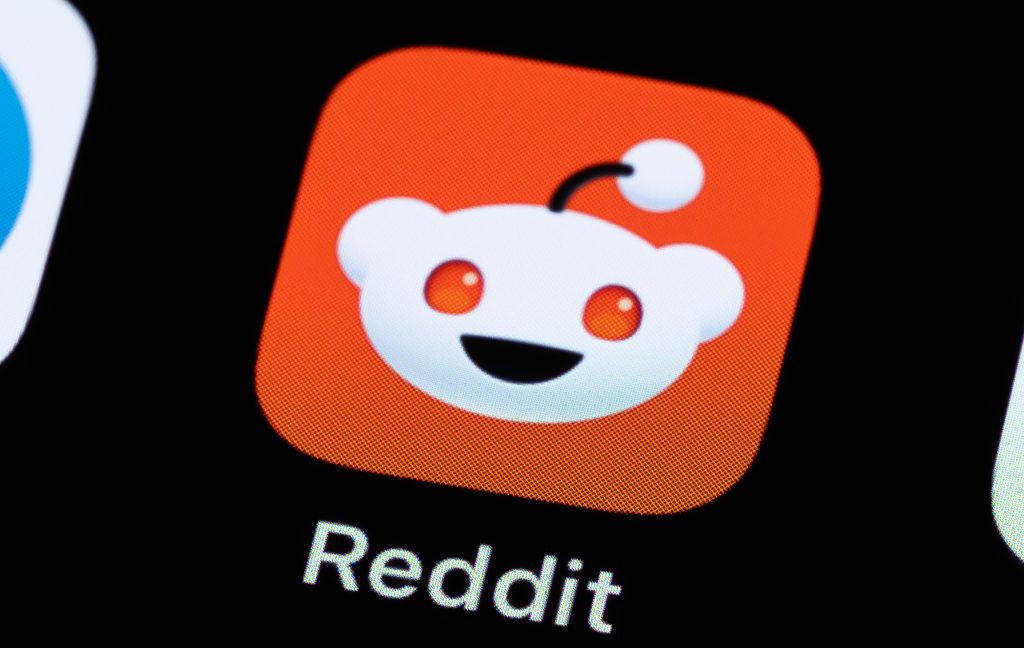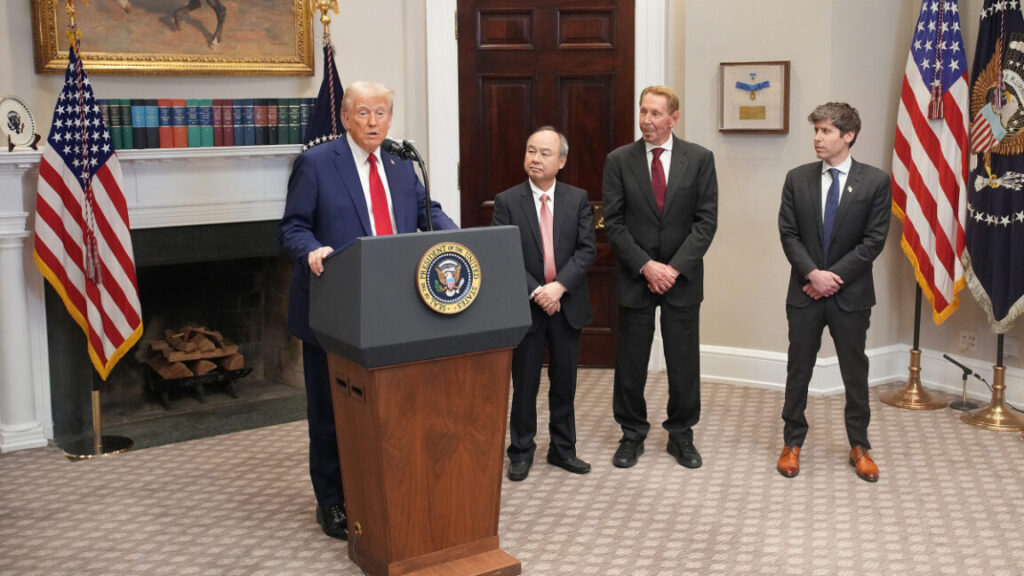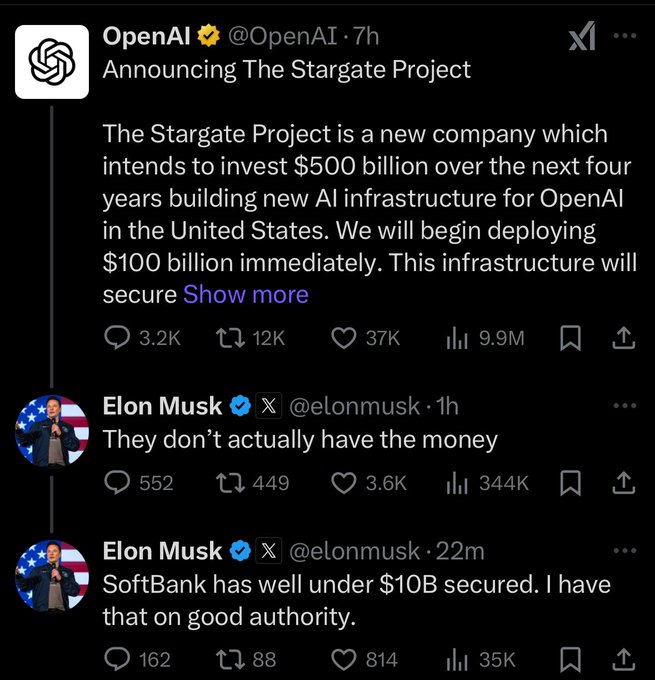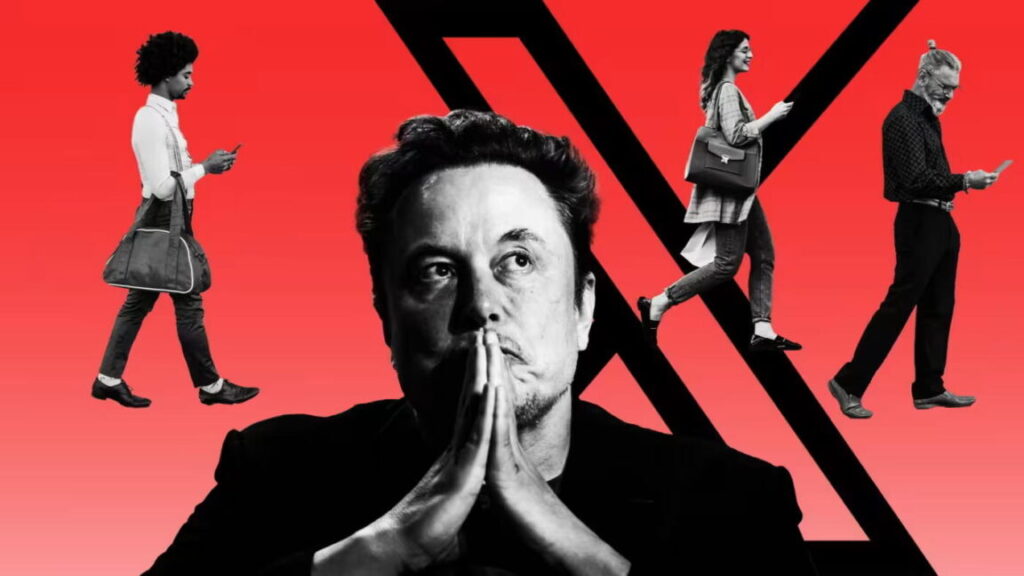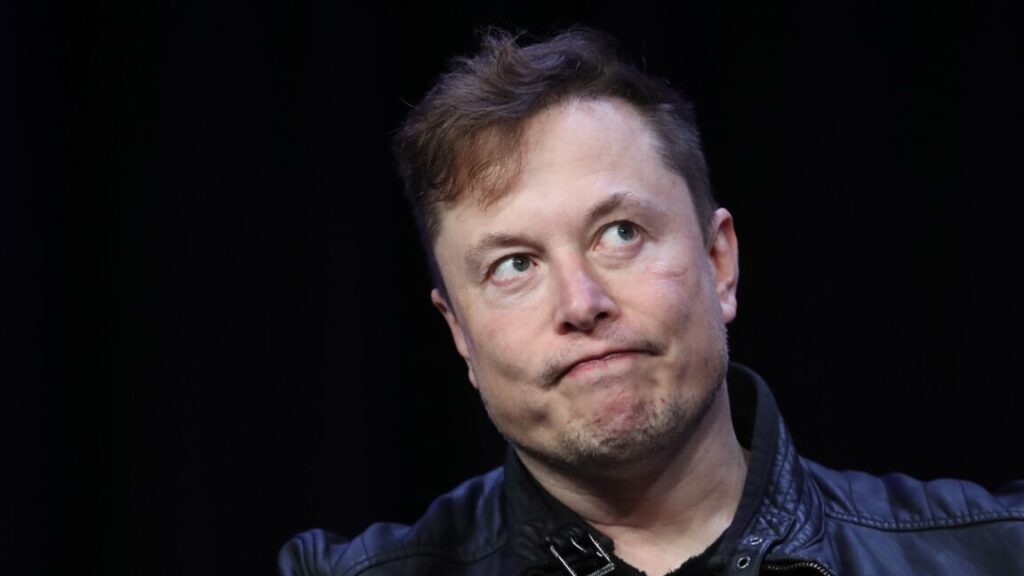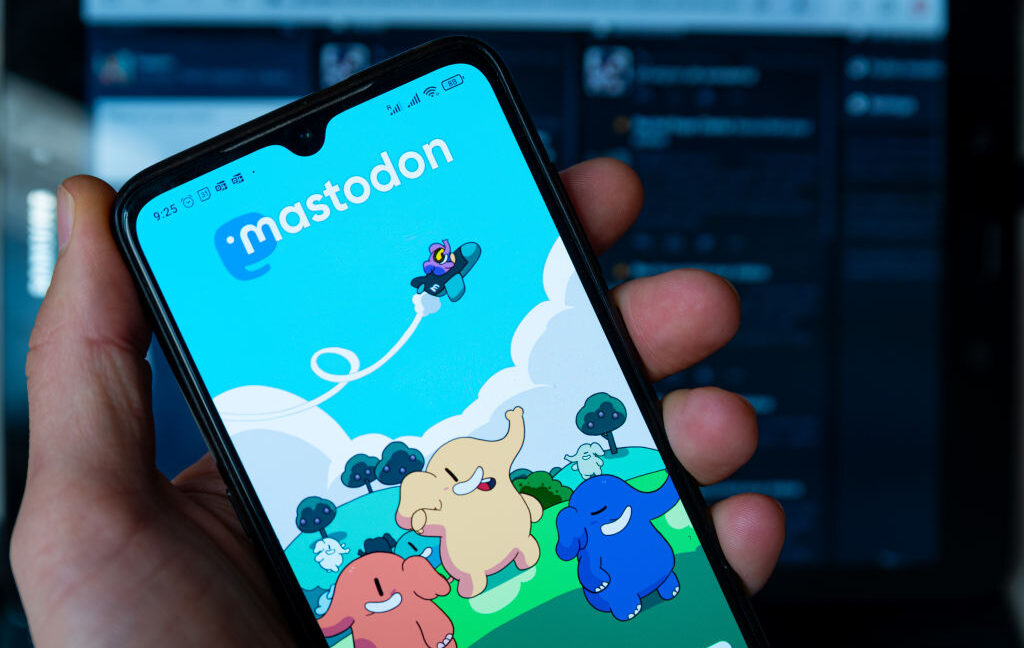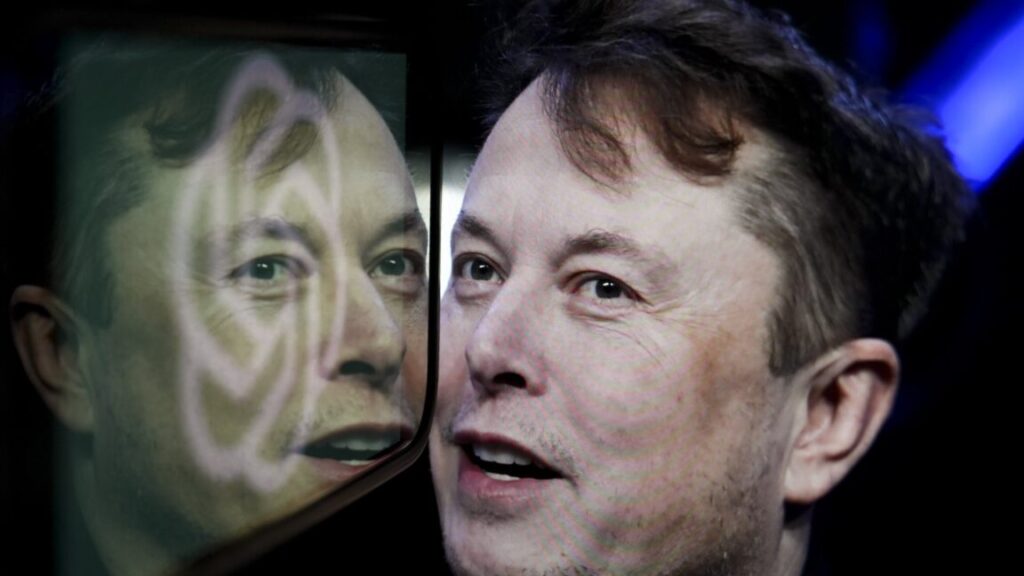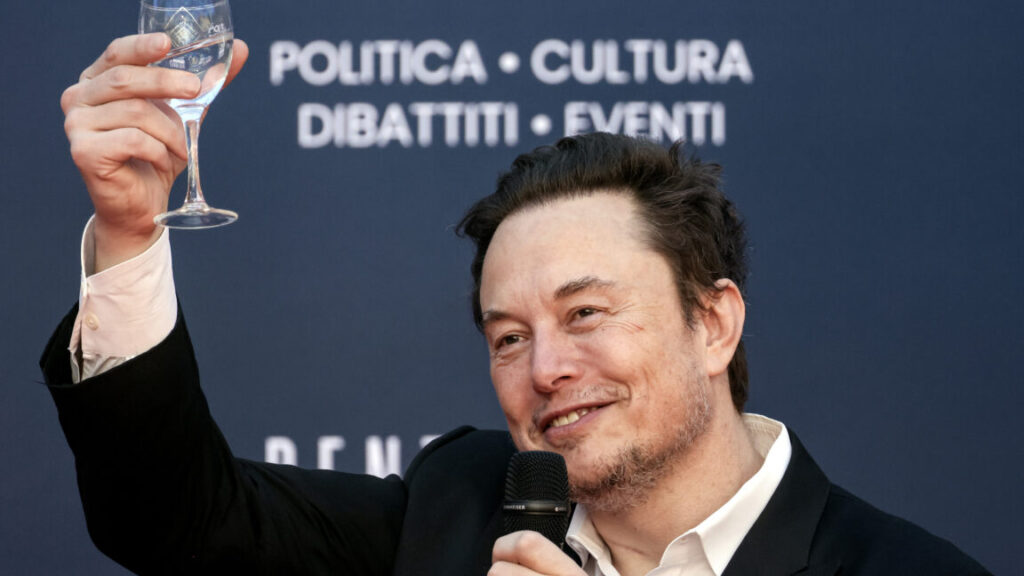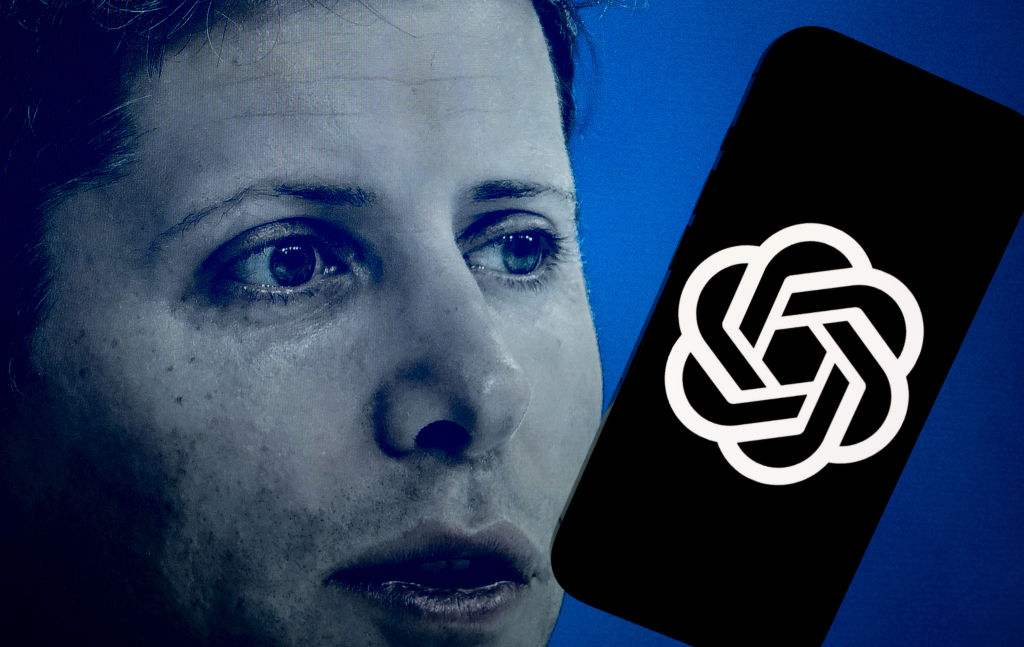Trump cribs Musk’s “fork in the road” Twitter memo to slash gov’t workforce
Federal workers on Reddit slam Office of Personnel Management email as short-sighted.
Echoing Elon Musk’s approach to thinning out Twitter’s staff in 2022, Donald Trump’s plan to significantly slash the government workforce now, for a limited time only, includes offering resignation buyouts.
In a Tuesday email that the Office of Personnel Management (OPM) sent to nearly all federal employees, workers were asked to respond with one word in the subject line—”resign”—to accept the buyouts before February 6.
“Deferred resignation is available to all full-time federal employees except for military personnel of the armed forces, employees of the U.S. Postal Service, those in positions related to immigration enforcement and national security, and those in other positions specifically excluded by your employing agency,” the email said.
Anyone accepting the offer “will be provided with a dignified, fair departure from the federal government utilizing a deferred resignation program,” the email said. That includes retaining “all pay and benefits regardless of your daily workload” and being “exempted from all applicable in-person work requirements until September 30, 2025 (or earlier if you choose to accelerate your resignation for any reason).”
That basically means that most employees who accept will receive about nine months’ pay, most likely without having any job duties to fulfill, an FAQ explained, “except in rare cases.”
“Have a nice vacation,” the FAQ said.
A senior administration official told NBC News that “the White House expects up to 10 percent of federal employees to take the buyout.” A social media post from Musk’s America PAC suggested, at minimum, 5 percent of employees are expected to resign. The move supposedly could save the government as much as $100 billion, America PAC estimated.
For employees accepting the buyout, silver linings might include additional income opportunities; as OPM noted, “nothing in the resignation letter prevents you from seeking outside work during the deferred resignation period.” Similarly, nothing in the separation plan prevents a federal employee from applying in the future to a government role.
Email echoes controversial Elon Musk Twitter memo
Some federal employees fear these buyouts—which critics point out seem influenced by Musk’s controversial worker buyouts during his Twitter takeover—may drive out top talent, spike costs, and potentially weaken the government.
On Reddit, some self-described federal workers criticized the buyouts as short-sighted, with one noting that they initially flagged OPM’s email as a scam.
“The fact you just reply to an email with the word ‘resign’ sounds like a total scam,” one commenter wrote. Another agreed, writing, “That stood out to me. Worded like some scam email offer.” Chiming in, a third commenter replied, “I reported it as such before I saw the news.”
Some Twitter employees similarly recoiled in 2022 when Musk sent out an email offering three months of severance to any employees who couldn’t commit to his “extremely hardcore” approach to running the social network. That email required workers within 24 hours to click “yes” to keep their jobs or else effectively resign.
Musk’s email and OPM’s share a few striking similarities. Both featured nearly identical subject lines referencing a “fork in the road.” They both emphasized that buyouts were intended to elevate performance standards—with OPM’s email suggesting only the “best” workers “America has to offer” should stick around. And they both ended by thanking workers for their service, whether they took the buyout or not.
“Whichever path you choose, we thank you for your service to The United States of America,” OPM’s Tuesday email ended.
“Whatever decision you make, thank you for your efforts to make Twitter successful,” Musk’s 2022 email said.
Musk’s email was unpopular with some Twitter staffers, including one employee based in Ireland who won a $600,000 court battle when the Irish Workplace Relations Commission agreed his termination for not clicking yes on the email was unfair. In that dispute, the commission took issue with Musk not providing staff enough notice and ruled that any employee’s failure to click “yes” could in no way constitute a legal act of resignation.
OPM’s email departed from Musk’s, which essentially gave Twitter staff a negative option by taking employee inaction as agreeing to resign when the staffer’s “contract clearly stated that his resignation must be provided in writing, not by refraining to fill out a form.” OPM instead asks federal workers to respond “yes” to resign, basically agreeing to sign a pre-drafted resignation letter that details the terms of their separation plan.
While OPM expects that a relatively modest amount of federal workers will accept the buyout offers, Musk’s memo had Twitter employees resigning in “droves,” NPR reported, with Reuters estimating the numbers were in the “hundreds.” In the Irish worker’s dispute, an X senior director of human resources, Lauren Wegman, testified that about 87 percent of the 270 employees in Ireland who received Musk’s email resigned.
It remains unclear if Musk was directly involved with the OPM plan or email drafting process. But unsurprisingly, as he’s head of the Department of Government Efficiency (DOGE), Musk praised the buyouts as “fair” and “generous” on his social media platform X.
Workers slam buyouts as short-sighted on Reddit
Declining the buyout guarantees no job security for federal workers, OPM’s email said.
“We will insist on excellence at every level—our performance standards will be updated to reward and promote those that exceed expectations and address in a fair and open way those who do not meet the high standards which the taxpayers of this country have a right to demand,” the email warned.
“The majority of federal agencies are likely to be downsized through restructurings, realignments, and reductions in force,” OPM’s email continued. “These actions are likely to include the use of furloughs and the reclassification to at-will status for a substantial number of federal employees.”
And perhaps most ominously, OPM noted there would be “enhanced standards of conduct” to ensure employees are “reliable, loyal, trustworthy,” and “strive for excellence” daily, or else risk probes potentially resulting in “termination.”
Despite these ongoing threats to job security that might push some to resign, the OPM repeatedly emphasized that any choice to accept a buyout and resign was “voluntary.” Additionally, OPM explained that employees could rescind resignations; however, if an agency wants to move quickly to reassign their roles, that “would likely serve as a valid reason to deny” such requests.
On Reddit, workers expressed concerns about “critical departments” that “have been understaffed for years” being hit with more cuts. A lively discussion specifically focused on government IT workers being “really hard” to recruit.
“Losing your IT support is a very efficient way to cripple an org,” one commenter wrote, prompting responses from two self-described IT workers.
“It’s me, I work in government IT,” one commenter said, calling Trump’s return-to-office mandate the “real killer” because “the very best sysadmins and server people all work remote from other states.”
“There is a decent chance they just up and ditch this dumpster fire,” the commenter said.
Losing talented workers with specific training could bog down government workflows, Redditors suggested. Another apparent government IT worker described himself as “a little one man IT business,” claiming “if I disappeared or died, there would be exactly zero people to take my place. Between the random shit I know and the low pay, nobody is going to be able to fill my position.”
Accusing Trump of not caring “about keeping competent workers or running government services properly,” a commenter prompted another to respond, “nevermind that critical departments have been understaffed for years. He thinks he’s cutting fat, but he’s cutting indiscriminately and gonna lose a limb.”
According to another supposed federal worker, paying employees to retire has historically resulted in spikes in agency costs.
“The way this usually works is we pay public employees to retire,” the commenter wrote. “Then we pay a private company twice the rate to do the same job that public employee was doing. Sometimes it’s even the same employee doing the work. I’ve literally known people that left government jobs to do contractor work making far more for doing the same thing. But somehow this is ‘smaller government’ and more efficient.”
A top 1 percent commenter on Reddit agreed, writing, “ding ding ding! The correct answer.”
“Get rid of career feds, hire contractors at a huge cost to taxpayers, yet somehow the contract workers make less money and have fewer benefits than federal employees,” that Redditor suggested. “Contract companies get rich, and workers get poorer.”
Cybersecurity workers mull fighting cuts
On social media, some apparent federal workers suggested they might plan to fight back to defend their roles in government. In another Reddit thread discussing a government cybersecurity review board fired by Trump, commenters speculated that cybersecurity workers might hold a “grudge” and form an uprising attacking any vulnerabilities created by the return-to-office plan and the government workforce reduction.
“Isn’t this literally the Live Free or Die Hard movie plot?” one Redditor joked.
A lawsuit filed Monday by two anonymous government workers, for example, suggested that the Trump administration is also rushing to create an email distribution system that would allow all government employees to be contacted from a single email. Some workers have speculated this is in preparation for announcing layoffs. But employees suing are more concerned about security, insisting that a master list of all government employees has never been compiled before and accusing the Trump administration of failing to conduct a privacy impact assessment.
According to that lawsuit, OPM has hastily been testing this new email system, potentially opening all government workers to harmful data breaches. The lawsuit additionally alleged that every government agency has been collecting information on its employees and sending it to Amanda Scales, a former xAI employee who transitioned from working for Musk to working in government this month. The complaint suggests that some government workers are already distrustful of Musk’s seeming influence on Trump.
In a now-deleted Reddit message, the lawsuit alleged, “Instructions say to send these lists to Amanda Scales. But Amanda is not actually an OPM employee, she works for Elon Musk.”
Trump cribs Musk’s “fork in the road” Twitter memo to slash gov’t workforce Read More »
